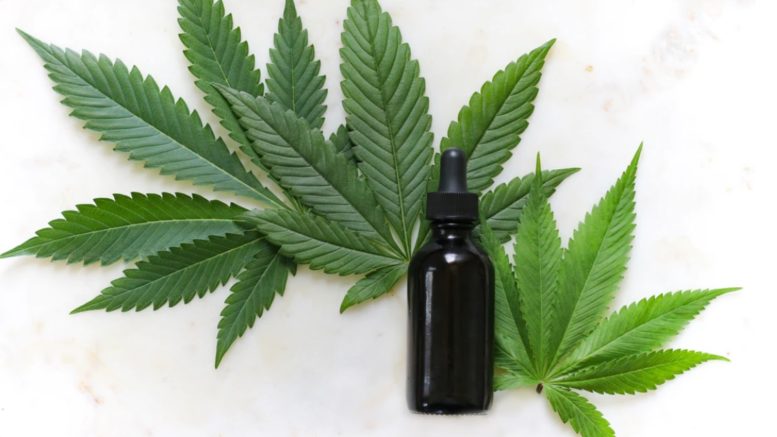Cannabidiol or CBD has been a subject of scientific debates and studies for a few years now. CBD is a type of cannabinoid, a naturally occurring chemical in cannabis, that doesn’t have psychoactive effects. Aside from not getting you high, CBD also has a different pharmacologic composition compared to psychoactive cannabinoids like tetrahydrocannabinol or THC. One such difference is CBD’s reported effects in easing anxiety.
The Link Between Anxiety and CBD
To understand how CBD can relieve anxiety, it’s important to first understand the causes of anxiety. There are several causes of this mental illness, including underlying health issues. In fact, anxiety disorders can be the first indicator of another medical condition in some people. Anxiety can also be an unwanted side-effect of medications. Trauma, stress, and stress buildup can also trigger anxiety or put someone at a higher risk to develop it later in life.
Low levels of serotonin are also associated with anxiety and depression. Serotonin, one of the body’s many neurotransmitters and often dubbed as the “happy hormone,” is thought to help regulate mood. The more serotonin there is in your brain, the happier you feel. CBD is said to be able to alter serotonin levels and signals in the brain as it interacts with the body’s natural CBD receptors. Thus, researchers continue to study its capabilities to ease anxiety and its symptoms.
Does CBD Really Work to Fight Anxiety?
Through multiple studies, scientists have discovered evidence that CBD can be used to treat a variety of medical conditions. In fact, CBD has already been assessed for its neuroprotective, analgesic, anti-asthmatic, anti-inflammatory, and anti-tumor properties, among many others. It’s particularly well-studied as a treatment for epilepsy and seizure disorders. However, it’s anxiolytic or anti-anxiety effects have yet to be fully explored. At most, there is only pre-clinical and limited clinical evidence.
Simply put, more research is needed to fully evaluate CBD as an anxiety treatment. That being said, existing studies have already proven its great potential. For example, a study conducted in 2010 revealed that CBD can reduce symptoms of social anxiety disorder. The brain scans of the participants showed that CBD changed the way that their brains responded to anxiety. A similar study in 2011 showed that CBD also decreased symptoms of social anxiety disorder, although it was focused on only one stress-inducing activity: public speaking.
Meanwhile, a 2015 study that analyzed existing research posited that CBD oil can possibly treat different forms of anxiety. These include the aforementioned social anxiety disorder, as well as obsessive-compulsive disorder and even post-traumatic stress disorder.
For generalized anxiety disorder, on the other hand, the National Institute on Drug Abuse conducted a study on animals such as rats. The researchers found that the animals showed fewer behavioral signs of anxiety. Physiological symptoms like increased heart rate were also reduced.
In short, the medical community is keen on CBD as an effective alternative treatment with minimal side effects. Again, more research is needed to make solid conclusions. Nonetheless, what existing research there is all point to CBD having huge potential in treating anxiety and depression.
Should I Take CBD for My Anxiety?
Earlier, we mentioned that low serotonin levels may be a cause of anxiety and anxiety disorders. This is why doctors prescribe selective serotonin reuptake inhibitors (SSRIs) like sertraline or fluoxetine to their patients. Most patients respond well to SSRIs. However, if you find that SSRIs are not having the desired effects, you may look at CBD as an alternative treatment option. Just make sure to talk to your doctor about it before you decide on any changes.
If you’re interested in using CBD to treat your anxiety, it’s also helpful to check out available research. You may even want to discuss these studies with your doctor. The key thing is to look at studies that focus on CBD and not generalized studies. Moreover, you should also familiarise yourself with the laws surrounding CBD and cannabis. As of the moment, CBD derived from marijuana are illegal on the federal level but legal on the state level in places like California.
Conclusion
In the end, it may better to think of CBD as a new kind of medicine. It needs extensive research before it can be fully legalized and approved for mass production and distribution. The best thing to do is to keep an eye out on developments and be open with your healthcare professional regarding seeking for alternative treatments.
